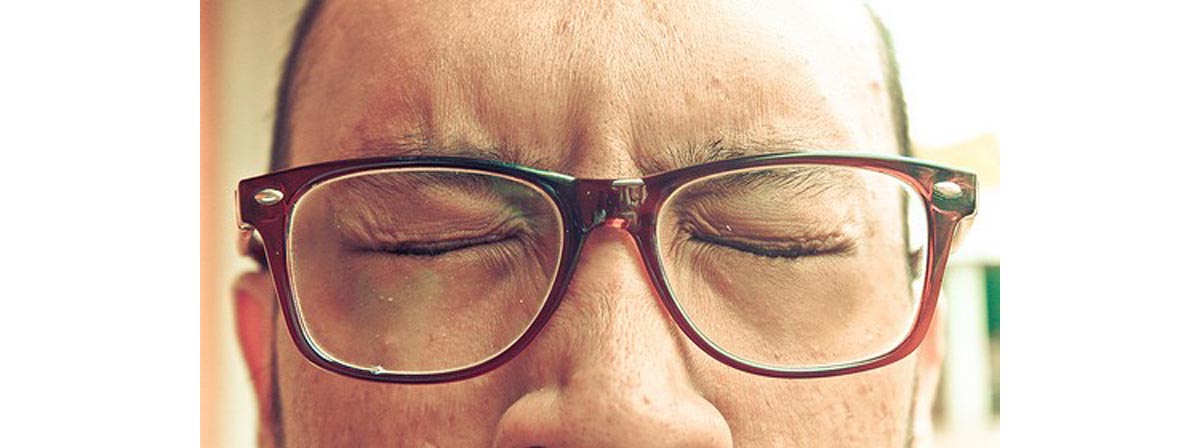Do you believe you only use 10 percent of your brain? And does hair really grow back quicker, thicker and darker after shaving it all off? How about turkey making you sleepy? Hear the stories behind these often-repeated medical myths, and uncover the truth.
We only use 10 percent of our brains
You often see this one on products or books claiming to help you access the other 90 percent, like in the movie Lucy. Sorry to disappoint but you’re already tapping into all this supposed extra brain power. It has been alleged that the famous physicist and genius Albert Einstein came up with this idea, but no proof of that has ever been found.
In addition, every kind of testing of the brain has failed to support it.

Also, our brains are not a homogenous mass of gray stuff, but are made up of distinct areas, all of which are responsible for different functions. For example, at the base of the brain the brainstem controls vital functions such as blood pressure, breathing, heart rate (definitely not an inactive area!), while memory is linked with an area deep in the middle of the brain called the hippocampus.
Add to this the interconnectivity between the neurones (brain cells) throughout the brain. This enables us to process information from all parts of the body such as our legs, eyes, nose etc and send out messages to our muscles to make them do things – like step over that dog mess on the pavement!
Do shaved hairs grow back quicker, thicker and darker?
No! But that might appear to be true for a number of reasons. As shaving only removes the hair at the skin level, regrowth will be visible more quickly than with other methods such as tweezing, waxing or epilation, which remove the hair from the root.
Shaved hair will appear to be thicker because the end of a hair is naturally tapered, but when regrown after shaving, the end will be blunt, making the hair appear thicker. (That’s also why stubble feels rougher than a beard or mustache, both of which have smooth tapered ends).
Shaved hair may appear darker because the blunt end interacts differently with light, reflecting less of it so that it appears dark.
Reading in poor light wrecks your eyesight
In olden times poor eyesight was often blamed on having to read by candlelight, but most experts in ophthalmology now agree, this is not the true cause of this common ailment.
Reading in poor light might well give you eyestrain from struggling to focus, but once you rest your eyes they will recover 100 percent and no deterioration in eyesight will result.
Do We Really See Stars When Hit On The Head?
It’s not only in cartoons – this one is true! Not all blows to the head will result in seeing stars, only those affecting the back of the head, near the base. This is because this is the location of the occipital region, which is responsible for vision. So when it’s stimulated by a whack, it assumes it’s had an impulse from the eyes, but without further information interprets it as bright pinpricks of light – just like stars.

Eating lettuce or turkey makes you sleepy
(If only it were that easy). The effect was attributed to a substance called laudanum, related to opium, supposedly contained in lettuce. Cutting a lettuce stem releases a white substance which when dried was called lactucarium or lettuce opium, and given as a sedative and cough suppressant. (Even today derivatives of morphine are used in cough suppressants). There does not seem to be any objective evidence that lactucarium works, but in any case lettuce that you buy in the shops would contain too small amounts to have any effect.
Do you feel sleepy after your Thanksgiving turkey? Turkey contains a substance called tryptophan, which is associated with mood and sleep and can cause drowsiness.
Sleepiness after Thanksgiving meal is more likely due to the wine you consumed with it.
Hair continues to grow after death
It is true that if hair is shaved at death (as for autopsy or medical research) stubble will later become apparent. But this is not because it grows – after death growth of anything stops completely. But moisture and plumpness is lost from the skin and underlying tissues after death, so that they tighten and shrink. This makes any hairs in the follicles more visible as the skin shrinks back around them, making it appear that they have emerged from hair follicles.
Getting cold or wet or going out with wet hair cause a cold
Not really. But if you are already harboring a cold or flu virus, it might make you succumb to it sooner.
It’s thought that the cold virus sticks to the lining of the nose and if you’re lucky is washed away by nasal secretions. Cold temperatures will cause blood vessels in the nose to shrink and the secretions dry up, allowing the virus to flourish. Well that’s the theory - but I get a runny nose when I’m cold, so I’m not sure I agree with that one! The other fact is that we know that cold viruses also enter the body through the eyes, the outer surface of which has a poor blood supply and is unlikely to be affected by cold temperatures. Chances are that if you are already harboring a cold virus you are going to succumb to it sometime - whether you get wet/cold or not.
So don’t believe all you’re told, but do wonder about the ‘back story’! Some of the common wisdoms that have been passed down to you are anything but. Still, some ring true. Chicken soup really does help with a cold, for example.
- www.straightdope.com/columns/read/2578/is-iceberg-lettuce-a-drug
- www.nhs.uk/Livewell/coldsandflu/Pages/Preventionandcure.aspx
- Photo courtesy of Mutiara Karina by Flickr : www.flickr.com/photos/mutsmuts/4695658106/
- Photo courtesy of Jed Scattergood by Flickr : www.flickr.com/photos/scatty/520287278/
- www.bmj.com/content/335/7633/1288


Your thoughts on this